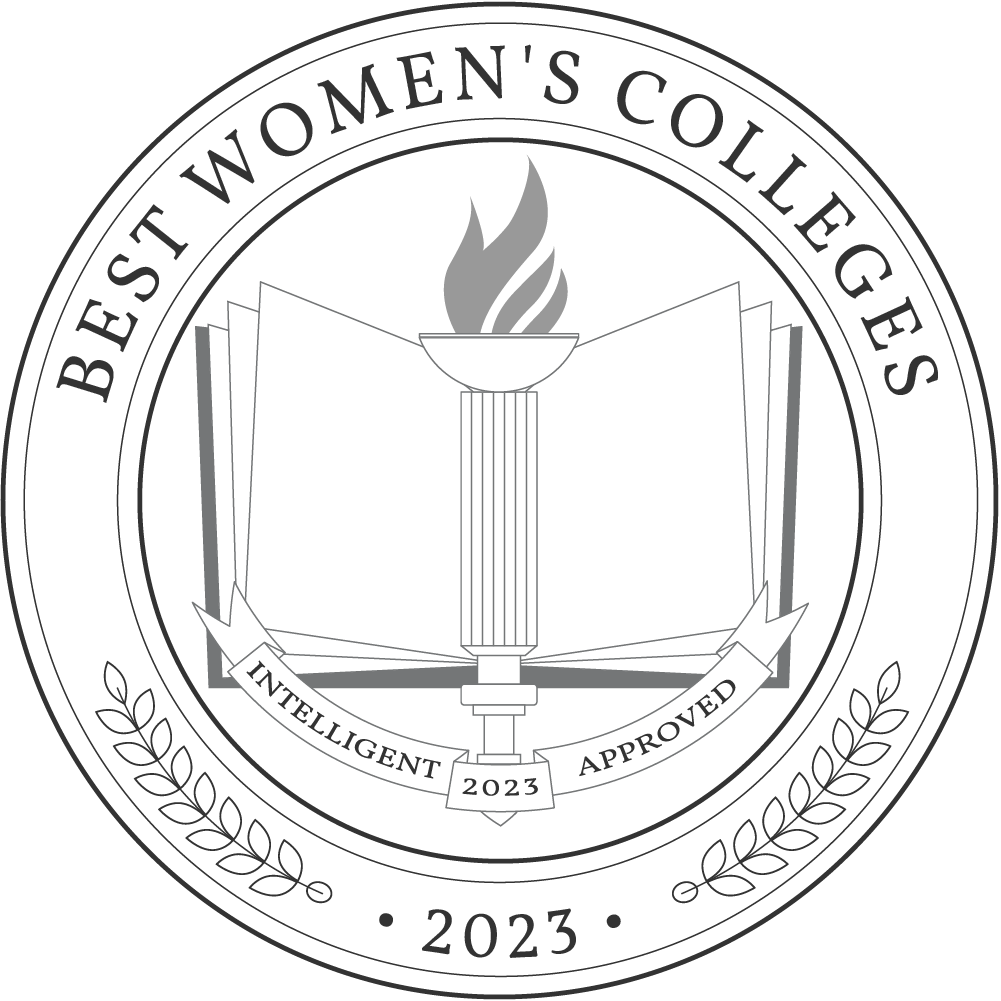Our Research
To determine the best colleges for women, we looked for schools that offer a variety of support systems for women, such as female-specific academic advising, career counseling, mental and physical health services, and an overall mission to cultivate women leaders.
Another important factor was accreditation. We only chose schools that have been accredited by institutions such as the Higher Learning Commission, the Southern Association of Colleges and Schools Commission on Colleges, and the Middle States Commission on Higher Education. Such accreditation ensures that the school offers academic quality and that you will be able to transfer your credits between institutions.
- 21 hours to write this article
- 70 universities and colleges we assessed
- 136 education programs we compared
The Top 50 Best Women’s Colleges

Discover More Options
What You Should Know About Women’s Colleges
Not all of our selections on this list are only for women. Many co-educational colleges acknowledge that women face unique challenges in the world compared to their male peers and take steps to address those issues on campus. As such, we included both women’s colleges and co-educational colleges on this list.
Most women’s colleges are liberal arts programs. This means women’s colleges are typically small, focused on undergraduate education, and offer a curriculum centered on the humanities, arts, social sciences, and natural sciences. Students benefit from individualized support and close interactions with professors. However, some larger universities are also great environments for women students.
There are fewer women’s colleges in the United States today than there were in the past. Specifically, in the 1960s, there were nearly 200 women’s colleges, while today there are around 30. Now that women attend college in greater numbers than men, co-educational colleges have shifted towards better supporting female-identifying students.
What’s Next?
Choosing a college is a major life decision and requires careful thought and research. Here are a few key things to consider:
- Think about your day-to-day experience. As you make your college list, try to imagine what you want your daily life to look like. Do you want to live in a single-sex dorm, navigate a small campus, and attend classes with other women? Or do you prefer a medium-to-large co-educational university? Do you want to attend a school that welcomes women students, or a school whose express mission is to educate women students? Answering these questions will help you to narrow down the best schools for you.
- Talk to current female students. You can learn a lot from a college’s website and from guides, but the best and most unfiltered information comes from current students. Many admissions offices are able to put you in contact with a current student. If you want to speak to a female student, make that clear.
- Take your major into account. Women have made amazing strides in nearly every domain and industry, and yet STEM fields remain male-dominanted and in some cases hostile towards women. When thinking about what college to attend, it’s useful to take your major into account. If you want to study chemistry or mathematics, for instance, you might receive more encouragement and research opportunities at a women’s college. That said, many universities, including co-educational schools, have clubs and organizations dedicated to supporting women in underrepresented fields such as STEM.
- Save money and apply for scholarships. College is very expensive. There are many special scholarship opportunities for women students, and these can be a great way to close the gap between other financial aid sources and what you are able to pay. Here is a helpful resource when searching for scholarships for women students.